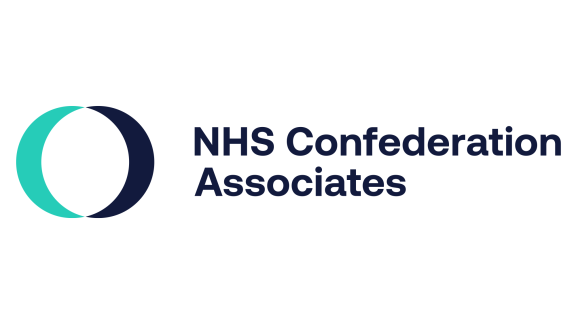The NHS is buckling under the strain of winter pressures in summer, warn healthcare leaders

Health leaders are warning that overwhelming demand from patients is putting severe and unprecedented strain on the urgent care system, with unsustainable numbers of people now visiting A&E, seeing their GPs and calling ambulances.
A huge spike in demand for non-COVID related urgent healthcare in both children and adults, combined with another surge in COVID cases and uncertainty about the number of patients with long COVID, means the NHS is experiencing severe winter-like pressures in summer. And this is hampering efforts to address the lengthening waiting list.
Senior NHS staff are urging the Government to start an open conversation with the public about the unprecedented situation which has left urgent care services experiencing the kind of patient footfall they would expect in January not July.
Across hospitals, ambulance trusts, mental health and community and primary care services, NHS Confederation members are reporting major spikes in demand which have led to a number of trusts declaring ‘black alerts’ – this means they are unable to safely deliver services to patients. This is almost unprecedented outside of a normal winter peak.
This rise in demand has combined with staffing issues due to illness and self-isolation and is overwhelming primary care in some parts of the country, with demand spilling over into all parts of the urgent care system.
An acute care manager described the pressure NHS organisations are under as the equivalent of “winter in summer”. Another NHS trust leader said: “Removing all covid restrictions will likely result in further pressures extending to breaking point.”
One senior operational services manager warned: “In all my 39 years of operational service in the NHS I have never witnessed anything like the crisis for staffing currently being faced.”
Another senior primary care leader added: “The COVID effect means more infections, which means more people with long term effects with no real resource or understanding of how to manage this”.
In London, one NHS acute trust chief executive said that the number of children coming into A&E is what it would have been before the pandemic. Ambulance trust leaders also say that demand for 111 services is at unsustainable highs. And across the health service, notably in primary care, patient demand associated with long COVID is both new and much more complex.
Matthew Taylor, chief executive of the NHS Confederation, said: “A significant COVID surge this summer will place even more strain on an urgent care system struggling to cope, and this will have a direct and immediate impact on the care the NHS can provide to patients.
“Many of our organisations are running far too hot and are much busier than they have historically been at this time of year. Our staff are also exhausted after a gruelling 18 months, yet a huge demand for healthcare has left the NHS buckling under the strain of running a winter-like service in summer.
“The NHS has been working at full pelt to reinstate services and get patients back through its doors as quickly as possible, with operations and other activity at 90 per cent of pre-pandemic levels. However, there is growing concern among NHS leaders that the rapidly rising demand for urgent and emergency care will threaten to slow down their attempts to recover the huge and rising elective care backlog.”
Leaders across all parts of the NHS – from GP practices through to hospitals and ambulance services – paint a picture of a system struggling to cope with a challenging triple task:
- managing current and rapidly escalating demand, particularly for urgent care across primary and secondary care;
- reducing the huge backlog of elective procedures exacerbated by the pandemic; and
- any significant COVID surge this summer which will place even more strain on a system struggling to cope. This is having a direct and immediate impact on patient care as front-line services operate with much reduced capacity due to the need for infection prevention and control measures and are hampered by a reduced workforce as staff fall ill or have to self-isolate.
Notes to editors
- Read the full document: ‘Winter in summer: The NHS at crunch point’



